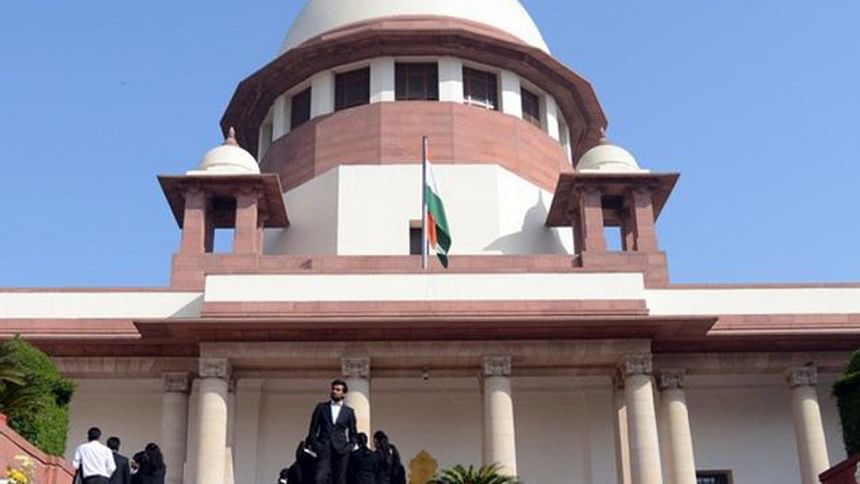Indian SC says no to politicians’ photos on government ads

In a historic judgment holding that taxpayers' money cannot be spent to build "personality cults" of political leaders, the Indian Supreme Court restrained ruling parties from publishing photographs of political leaders or prominent persons in government-funded advertisements, reports the news daily The Hindu.
The apex court said such photos divert attention from the policy of the government, unnecessarily associate an individual with a government project and pave the way for cultivating a "personality cult".
As an exception to this general rule, the court held that the photos of only three constitutional authorities - Prime Minister, President and Chief Justice of India - can be used in such ads. But for that too, the personal approval of these three authorities need to be got before publication.
The judgment by a bench of justices Ranjan Gogoi and N V Ramana came on the basis of a series of recommendations given by its own committee led by noted legal academcian N S Madhava Menon on introducing checks on government-funded ads.
The committee was formed in April 2014 on a PIL filed by NGO Common Cause had argued that ruling party leaders and ministers were taking undue advantage at public expenses.
The Menon panel had recommended a complete ban on publishing of photos in the ads. It had further said that no ads should be allowed on election eve.
In his verdict, Justice Gogoi modifies the recommendation on four counts.
One, instead of a complete ban on publishing of photos of all individuals, it departs to the extent of saying that pictures of PM, President and CJI can be used provided they personally clear it - thus, in a way, making them also accountable for the publication.
Two, the court improvises on the Menon committee recommendations to direct the government to appoint a three-member Ombudsman body of persons with "unimpeachable integrity".
Three, the bench disagrees with the Menon panel's suggestion for a performance audit on such government ads.
Four, the court said there was no need for a curb on government ads on election eve. However, it said such ads should be given with fairness and even dispensation to the media.

 For all latest news, follow The Daily Star's Google News channel.
For all latest news, follow The Daily Star's Google News channel. 



Comments